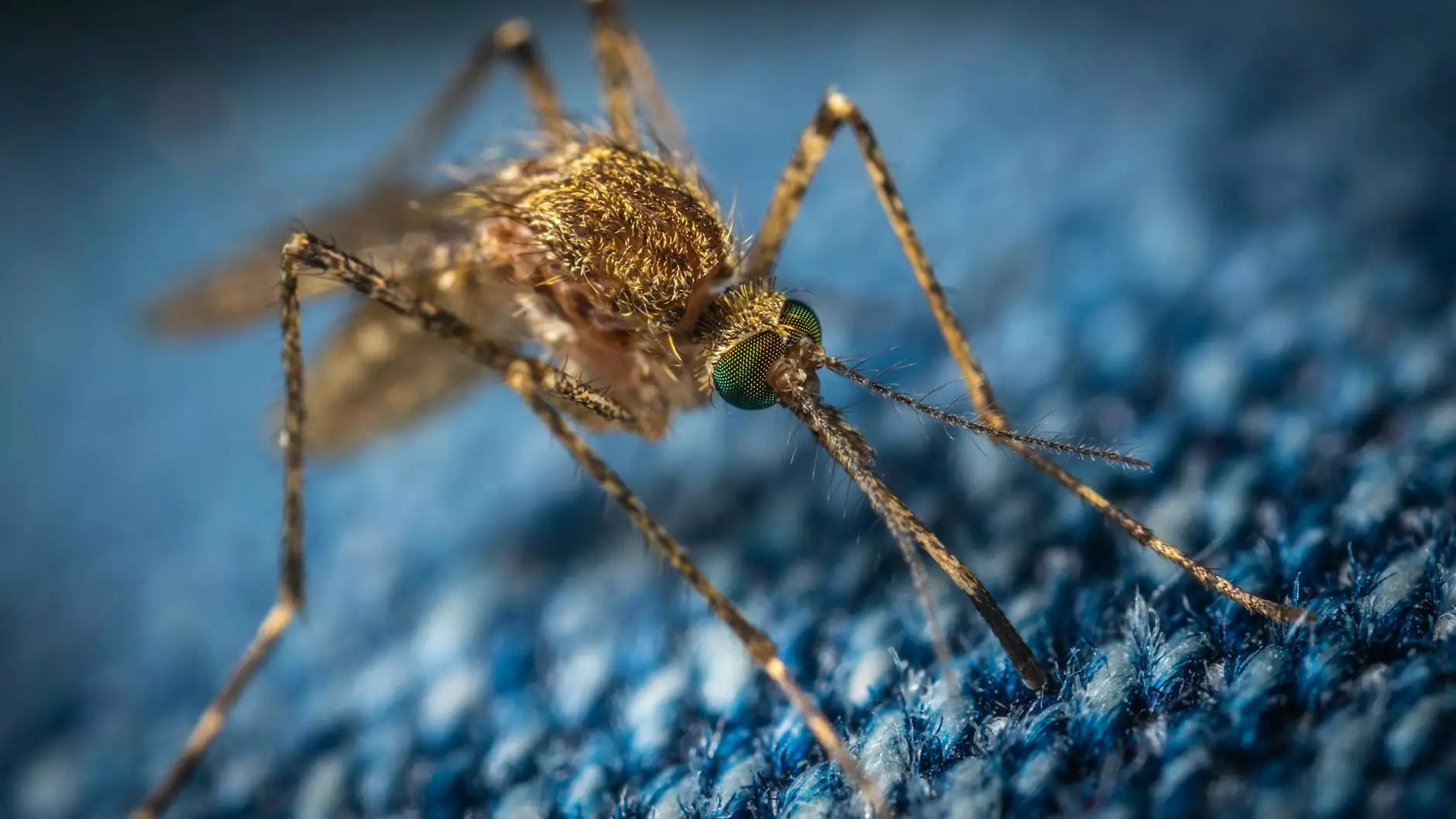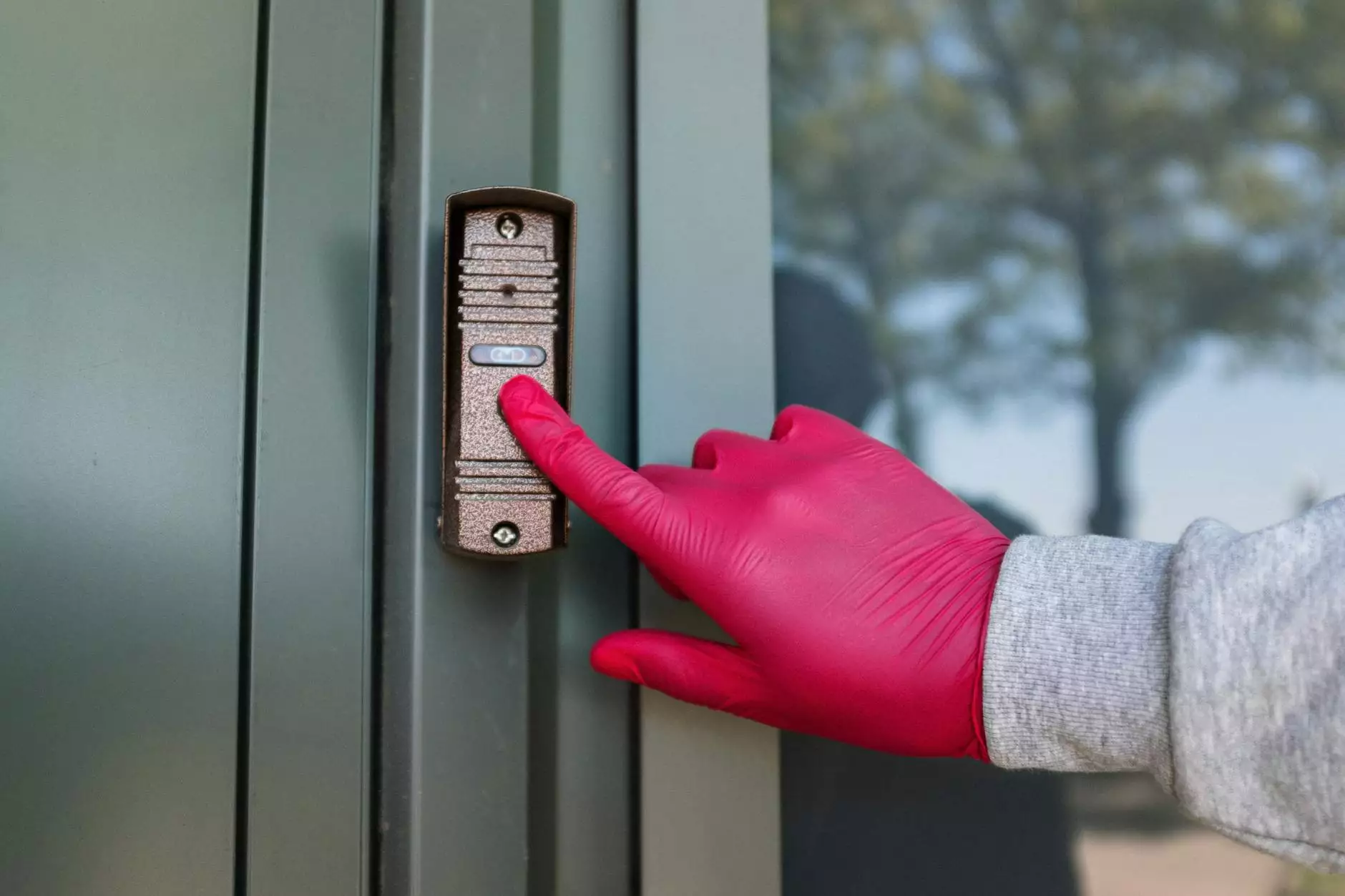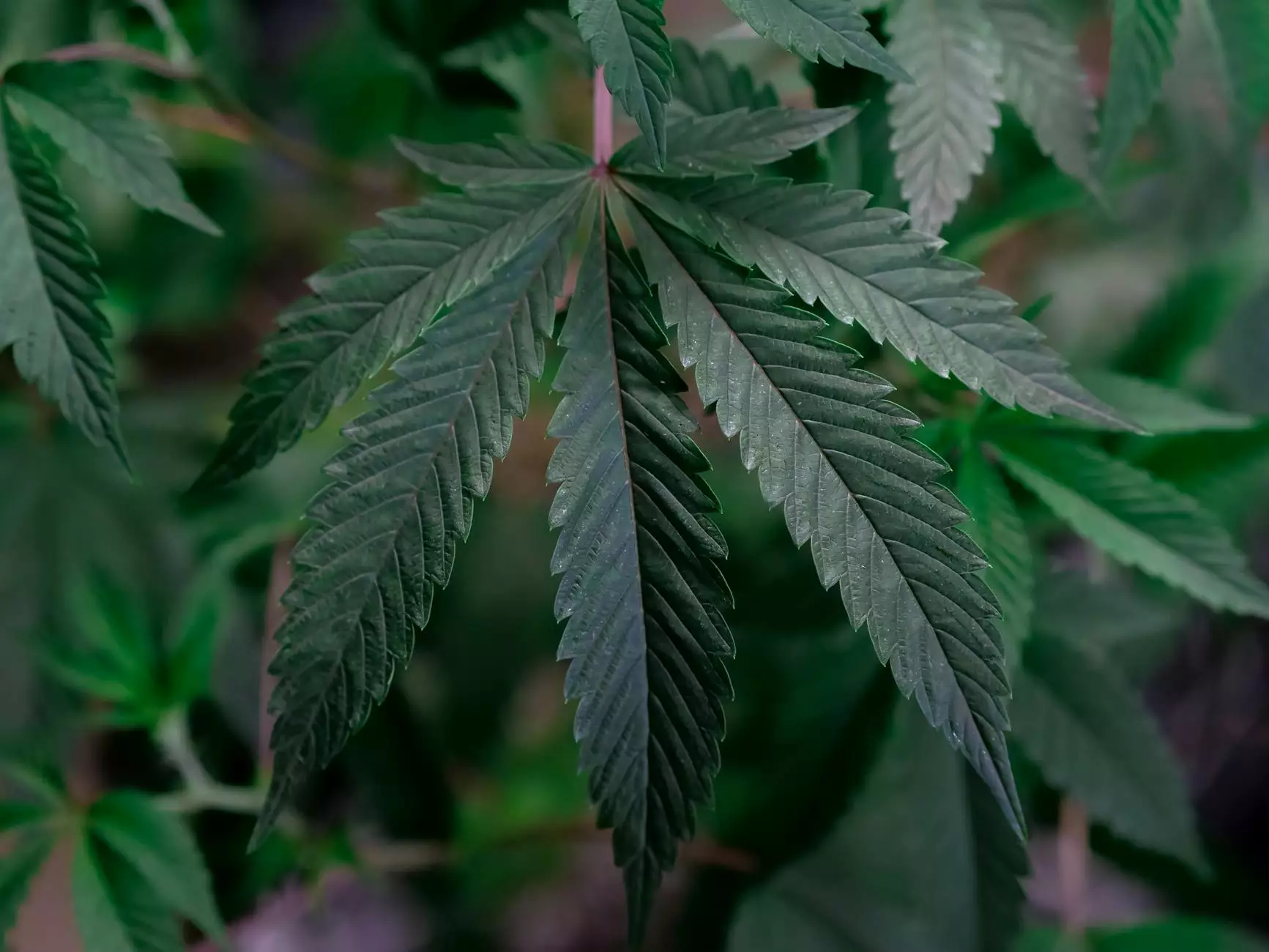Insect Pest Management: Essential Strategies for Farmers

In the world of agriculture, managing pests effectively is crucial to ensuring healthy crops and successful farming operations. One of the most important aspects of achieving this goal is understanding insect pest management and the strategies necessary to implement it effectively.
Understanding the Importance of Insect Pest Management
Insect pests can cause significant damage to crops, leading to reduced yields and economic losses for farmers. The implementation of a robust insect pest management strategy is essential for:
- Protecting Crop Yields: Effective pest management techniques help to protect crops from infestations.
- Ensuring Quality Produce: Healthy crops result in better quality fruits, vegetables, and grains.
- Minimizing Economic Losses: Preventing pest damage can save farmers substantial amounts of money.
- Promoting Sustainable Practices: Integrated pest management can lead to more environmentally friendly farming practices.
Identifying Common Insect Pests in Agriculture
Every type of crop can be affected by various insect pests. Here are some of the most common ones:
1. Aphids
Aphids are small sap-sucking insects that can cause significant harm by feeding on plant sap. They can transmit plant viruses and often lead to a decline in plant health.
2. Caterpillars
These larvae of moths and butterflies can quickly decimate crops. They feed on leaves and can cause complete defoliation if not controlled.
3. Beetles
Different species of beetles can infest crops and cause damage both as adults and larvae. They often chew on leaves and stems, which can be detrimental to plant health.
4. Thrips
Thrips are tiny insects that can cause significant damage to fruits and flowering plants. Their feeding can lead to deformed leaves and allergic reactions in some cases.
Effective Strategies for Insect Pest Management
To manage insect pests successfully, farmers can employ various strategies, often referred to as Integrated Pest Management (IPM). This approach combines several techniques to minimize pest populations while reducing risks to human health and the environment.
1. Monitoring and Identification
Regularly monitoring crops for signs of insect activity is vital. Farmers should:
- Conduct regular field inspections.
- Utilize traps to capture and identify pests.
- Keep records of pest populations and damage levels.
2. Cultural Practices
Implementing sound cultural practices can reduce the likelihood of pest infestations:
- Crop Rotation: Changing the types of crops grown in specific areas limits pest life cycles.
- Using Resistant Varieties: Planting pest-resistant breeds can significantly reduce damage.
- Proper Sanitation: Cleaning up debris can eliminate potential hiding places for pests.
3. Biological Control
Utilizing natural predators is an effective method of insect pest management. Encouraging beneficial insects, such as ladybugs and lacewings, can help control pest populations.
4. Mechanical and Physical Controls
Farmers can use various mechanical methods to control pests, including:
- Hand Picking: Manually removing pests from plants can be labor-intensive but effective.
- Barriers: Floating row covers and nets can protect crops from pest access.
- Traps: Sticky traps and pheromone traps can help monitor and control pest populations.
5. Chemical Control
In cases of severe infestations, chemical pesticides may be necessary. However, it's essential to:
- Use chemicals as a last resort.
- Select the least toxic options available.
- Follow application guidelines to minimize harm to beneficial organisms.
Investing in Farm Equipment for Pest Management
Effective insect pest management often requires reliable and efficient farm equipment. There are several types of farming equipment specifically designed to assist in pest control, including:
1. Sprayers
When chemical control is necessary, sprayers can deliver insecticides evenly across large crop areas. Farmers should choose equipment that allows for precise application to reduce waste and limit impact on non-target species.
2. Tractors with Integrated Pest Management Systems
Modern tractors can be equipped with technology that aids in pest monitoring, allowing for quick data collection and integrated pest management strategies.
3. Automated Traps
Investing in automated traps can help farmers monitor pest populations more efficiently. These traps can send alerts when pest levels exceed a threshold, enabling timely interventions.
Building a Sustainable Approach to Pest Management
The ultimate goal of insect pest management is to create a sustainable farming environment. Some strategies to consider include:
- Rotating and diversifying crops to disrupt pest life cycles.
- Practicing integrated approaches that reduce reliance on chemical pesticides.
- Developing partnerships with local agricultural extension services to stay informed on best practices and new findings.
Conclusion: The Future of Insect Pest Management in Farming
In conclusion, insect pest management is a vital component of successful farming operations. By understanding pest behaviors, utilizing effective monitoring techniques, and implementing an integrated approach, farmers can protect their crops and maximize yields. As agriculture continues to evolve, adopting sustainable and innovative solutions will be key to overcoming the challenges posed by insect pests.
For more information on insect pest management and how to implement best practices in your farming operations, visit tsgcinc.com.









